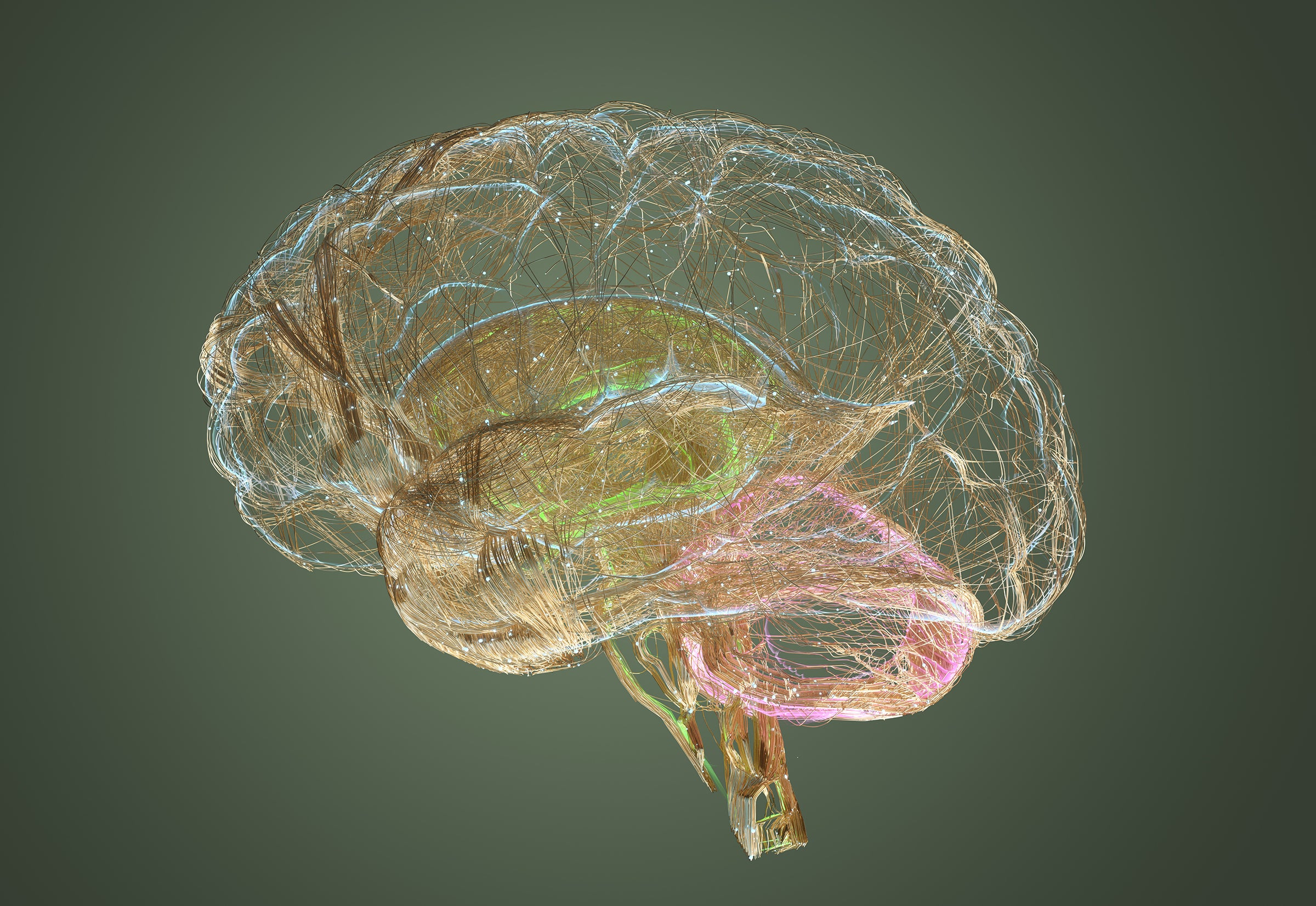Get the latest Science News and Discoveries
How does oxygen depletion disrupt memory formation in the brain?
When we learn something new, our brain cells (neurons) communicate with each other through electrical and chemical signals. If the same group of neurons communicate together often, the connections between them get stronger. This process helps our brains learn and remember things and is known as long-term potentiation or LTP. Another type of LTP occurs when the brain is deprived of oxygen temporarily – anoxia-induced long-term potentiationor aLTP. aLTP blocks the former process, thereby impairing learning and memory. Therefore, some scientists think that aLTP might be involved in memory problems seen in conditions like stroke. Researchers at the Okinawa Institute of Science and Technology (OIST) and their collaborators have studied the aLTP process in detail. They found that maintaining aLTP requires the amino acid glutamate, which triggers nitric oxide (NO) production in both neurons and brain blood vessels. This process forms a positive glutamate-NO-glutamate feedback loop. Their study, published in iScience, indicates that the continuous presence of aLTP could potentially hinder the brain’s memory strengthening processes and explain the memory loss observed in certain patients after experiencing a stroke.
None
Or read this on r/EverythingScience